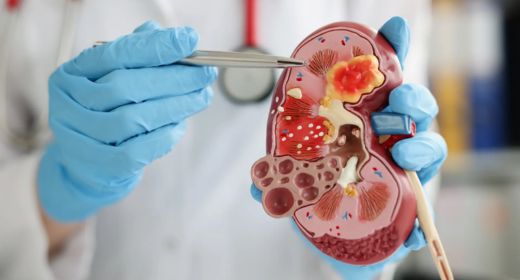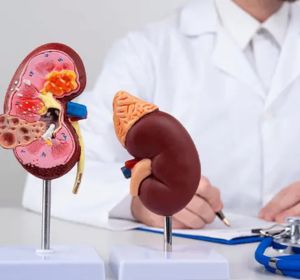


Urology is a part of health care that deals with diseases of the male and female urinary tract (kidneys, ureters, bladder and urethra). It also deals with the male organs that are able to make babies (penis, testes, scrotum, prostate, etc.). Since health problems in these body parts can happen to everyone, urologic health is important.
Urology is known as a surgical specialty. Besides surgery, a urologist is a doctor with wisdom of internal medicine, pediatrics, gynecology and other parts of health care. This is because a urologist encounters a wide range of clinical problems. The scope of urology is big and the American Urological Association has named seven subspecialty parts:
Comprehensive assessment of urinary tract and male reproductive system concerns, including patient history, physical examination, and diagnostic tests.

Identification and treatment of kidney stones using medical therapies, extracorporeal shock wave lithotripsy (ESWL), or surgical interventions.
Diagnosis and management of bacterial infections affecting the bladder, urethra, or kidneys, with medications or lifestyle changes.

Treatment of urinary incontinence in men and women, including behavioral therapy, medications, or surgical options like sling procedures.